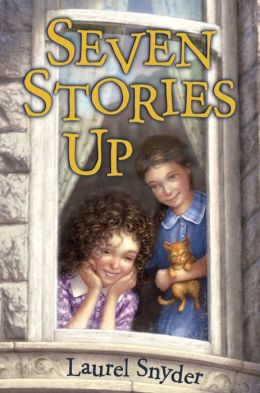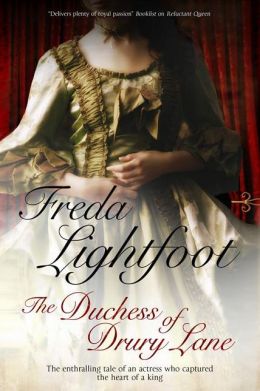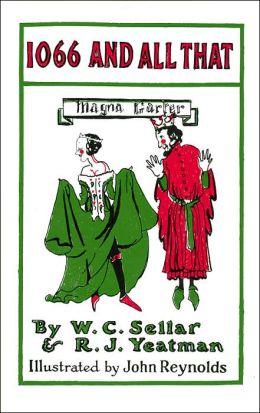I first read and reviewed A Woman's Place in August 2007. I absolutely loved, loved, loved this book. And why wouldn't I?! After all, it's a book set during one of my favorite historical periods: World War II. The focus is on women on the American homefront: how the war effected women's lives in and out of the home. This book seems to be a written-just-for-me book. So, of course, I adored it.
Four women. Four very different, unique women come together as a team at Stockton Shipyards. With proper training, these four women will be helping build ships, ships that will help the Allied Forces win the war. An end to war is all these women want. Well, they'd also like a little respect and some justice.
 From the original review:
From the original review:Ginny, or "Virginia" as her husband insists on calling her, is a housewife in her thirties who feels underappreciated and unloved.
Helen is a woman in her fifties who is wealthy and bitter and angry.
Rosa is a young newlywed from Brooklyn. She met a young man in the Navy and suddenly finds herself living with her inlaws while the war is on.
And Jean is fresh out of high school--fresh from the farm, one of eighteen children. She has six brothers enlisted in various branches of the service.
 Each woman finds herself employed at Stockton Shipyards. Each has felt called to serve her nation. Each one is there for their own personal reasons as well. Ginny is lacking self confidence, but seems to bloom under the circumstances of hard work and friendship. Rosa is a bit unwieldy at times but in need of love and guidance and wisdom from older women. Helen is there trying to escape the bitter aloneness she feels in her large home--one she inherited from a father that she hated. And Jean, well, Jean is trying to figure out what she wants for herself. Her boyfriend back home doesn't see any reason for her to go to college, to get an education. He doesn't see much point in her working so far away from home either--all the way from Indiana to Michigan. But Jean, Jean is finding herself, finding her independence.
Each woman finds herself employed at Stockton Shipyards. Each has felt called to serve her nation. Each one is there for their own personal reasons as well. Ginny is lacking self confidence, but seems to bloom under the circumstances of hard work and friendship. Rosa is a bit unwieldy at times but in need of love and guidance and wisdom from older women. Helen is there trying to escape the bitter aloneness she feels in her large home--one she inherited from a father that she hated. And Jean, well, Jean is trying to figure out what she wants for herself. Her boyfriend back home doesn't see any reason for her to go to college, to get an education. He doesn't see much point in her working so far away from home either--all the way from Indiana to Michigan. But Jean, Jean is finding herself, finding her independence.Each character was well-developed. Each character was complex. Each circumstance was complex. Very different women, very different backgrounds. But one common goal. I loved how this novel came together--pieced together. How four women's lives were able to touch and connect and encourage and build up one another. Each woman's life was changed because of the others. Each one learned how important, how significant, how loved they really and truly were.
© 2014 SukaYuka.com of SukaYuka's Book Reviews







